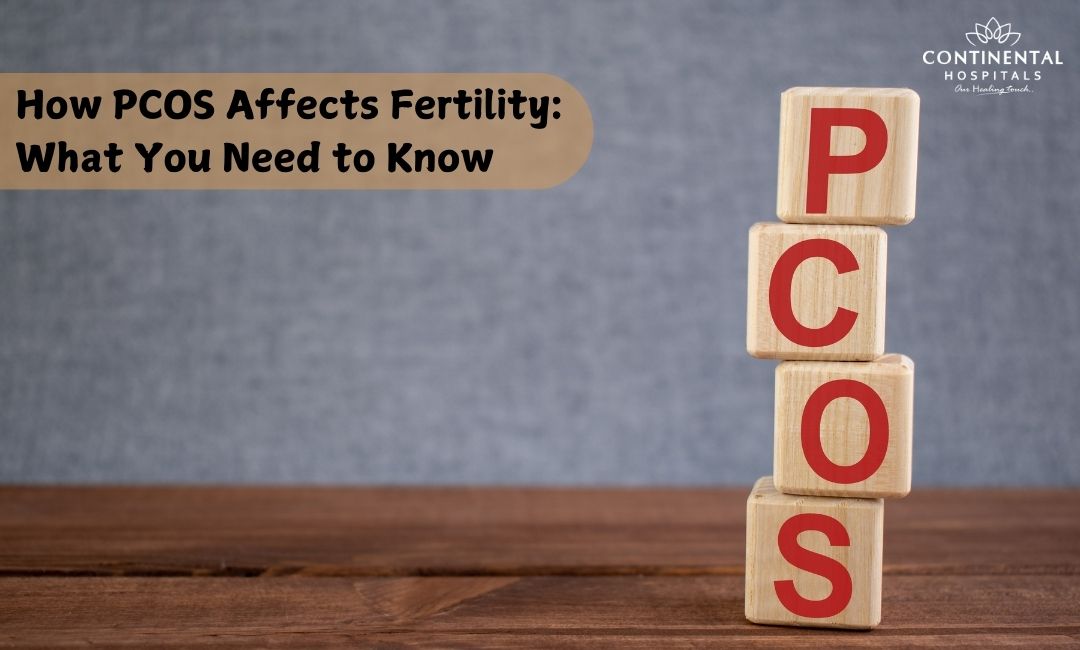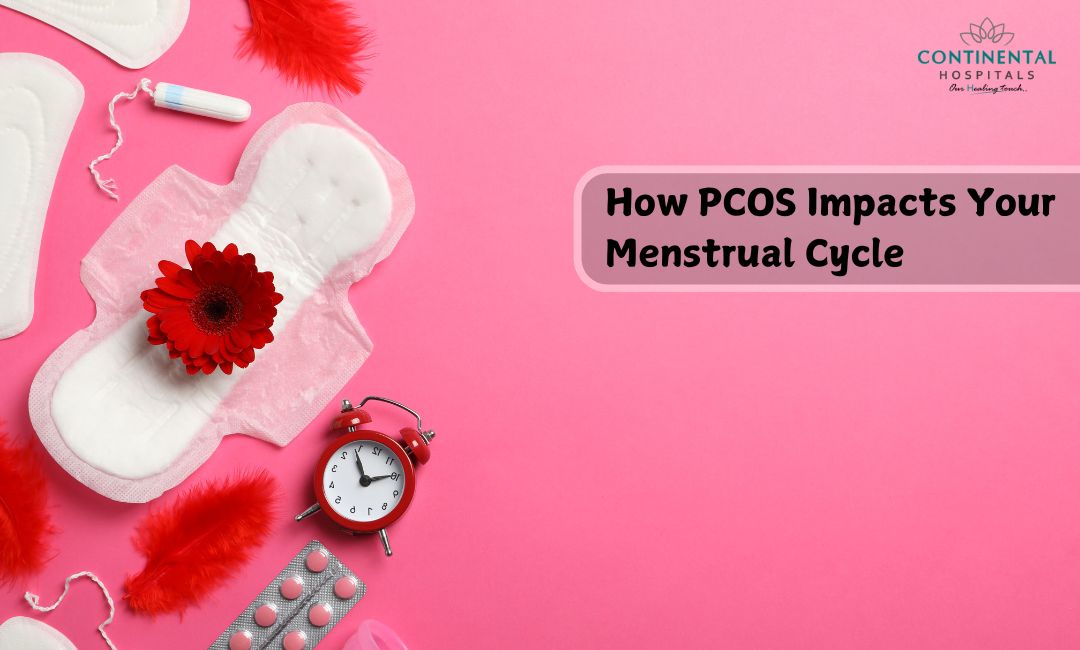Polycystic Ovary Syndrome (PCOS) is a common hormonal disorder affecting women of reproductive age. But what exactly is PCOS, and how does it impact fertility? If you’re trying to understand how PCOS affects fertility, this guide will break it down in simple terms and help you grasp the connection between PCOS and your ability to conceive.
What is PCOS?
PCOS, or Polycystic Ovary Syndrome, is a condition where the ovaries produce an excess amount of male hormones, leading to hormonal imbalances. Women with PCOS often have enlarged ovaries that contain small fluid-filled sacs, called cysts. These cysts are actually immature follicles that haven’t matured enough to release an egg. This hormonal imbalance can cause a range of symptoms and health issues.
Symptoms of PCOS
PCOS symptoms vary widely but may include:
- Irregular Periods: Irregular or absent menstrual cycles are common.
- Excessive Hair Growth: Increased hair growth on the face, chest, or back.
- Acne and Oily Skin: Higher levels of androgens can cause skin issues.
- Weight Gain: Many women with PCOS experience weight gain or difficulty losing weight.
- Thinning Hair: Hair loss or thinning on the scalp.
These symptoms are linked to the hormonal imbalances caused by PCOS and can further impact overall health and fertility.
PCOS Causes
The exact causes of PCOS are not fully understood, but several factors may contribute:
- Genetic Factors: PCOS often runs in families, suggesting a genetic component.
- Insulin Resistance: Many women with PCOS have insulin resistance, which can lead to higher insulin levels and contribute to hormone imbalances.
- Inflammation: Low-grade inflammation might also play a role in PCOS development.
Global and Indian Statistics
PCOS is a widespread disorder that affects millions of women. According to the World Health Organization (WHO), PCOS affects 6-26 percent of women of reproductive age. According to research, the prevalence of PCOS in India ranges between 3.7 and 22.5%.
How Does PCOS Affect Fertility?
Understanding how PCOS affects fertility starts with recognizing its impact on ovulation. Ovulation is the process where an egg is released from the ovary, and it’s essential for conception. In a typical cycle, this egg travels down the fallopian tube where it can meet sperm and become fertilized. However, in women with PCOS:
Irregular Ovulation: One of the primary ways PCOS affects fertility is through irregular ovulation. Women with PCOS may not ovulate regularly or may not ovulate at all, making it difficult for sperm to fertilize an egg.
Hormonal Imbalance: PCOS often leads to elevated levels of androgens and insulin resistance. High levels of androgens can interfere with the normal development and release of eggs, while insulin resistance can affect ovarian function and overall reproductive health.
Thickened Endometrial Lining: The hormonal imbalances in PCOS can result in a thickened endometrial lining, which may make it more difficult for a fertilized egg to implant in the uterus.
Increased Risk of Miscarriage: Women with PCOS may have a higher risk of miscarriage due to hormonal imbalances that affect early pregnancy maintenance.
Diagnosis and Treatment
Diagnosing PCOS involves evaluating symptoms, medical history, and performing tests such as blood work and ultrasound. While there is no cure for PCOS, various treatments can help manage symptoms and improve fertility:
Lifestyle Changes: Adopting a healthy lifestyle can have a significant impact on managing PCOS symptoms. Maintaining a balanced diet, engaging in regular exercise, and managing stress can help regulate menstrual cycles and improve insulin sensitivity.
Medications: Medications such as birth control pills can help regulate menstrual cycles and reduce androgen levels. Metformin, a medication used to manage insulin resistance, can also improve symptoms and support ovulation.
Fertility Treatments: For women with PCOS who are struggling with infertility, medications such as Clomid (clomiphene citrate) can stimulate ovulation. In more complex cases, assisted reproductive technologies (ART) like in vitro fertilization (IVF) may be considered.
Surgical Options: In cases where other treatments are ineffective, laparoscopic ovarian drilling may be an option. This procedure can help stimulate ovulation by reducing androgen levels and improving ovarian function.
What You Can Do
If you have PCOS and are facing fertility challenges, here are some proactive steps you can take:
Consult a Specialist: Seek help from a gynecologist or a fertility specialist to get an accurate diagnosis and a personalized treatment plan.
Implement Lifestyle Changes: Focus on maintaining a healthy diet, regular physical activity, and stress management to support overall health and potentially improve symptoms.
Explore Treatment Options: Discuss various treatment options with your healthcare provider, including medications, fertility treatments, and surgical interventions if needed.
Conclusion
PCOS is a complex condition that can significantly affect fertility, but it doesn’t make pregnancy impossible. Understanding how PCOS affects fertility and exploring various treatment options can help manage the condition and improve your chances of conceiving. If you suspect you have PCOS or are struggling with fertility issues, consulting with a healthcare professional is essential for personalized advice and treatment plans.
If you suspect you may have PCOS or have concerns about your health, it's essential to consult with a Gynecologist.
Related Blog Articles
.webp)







